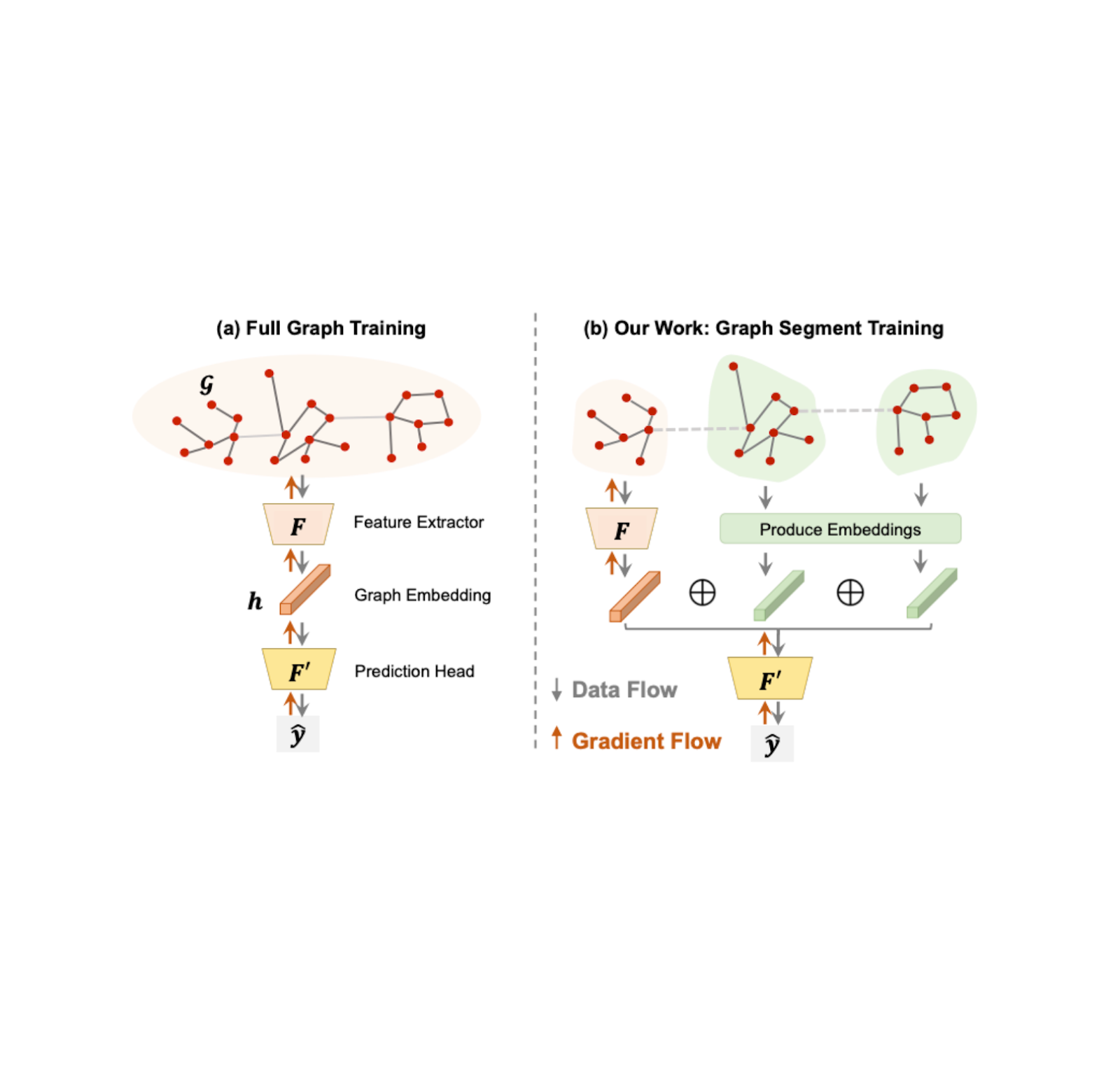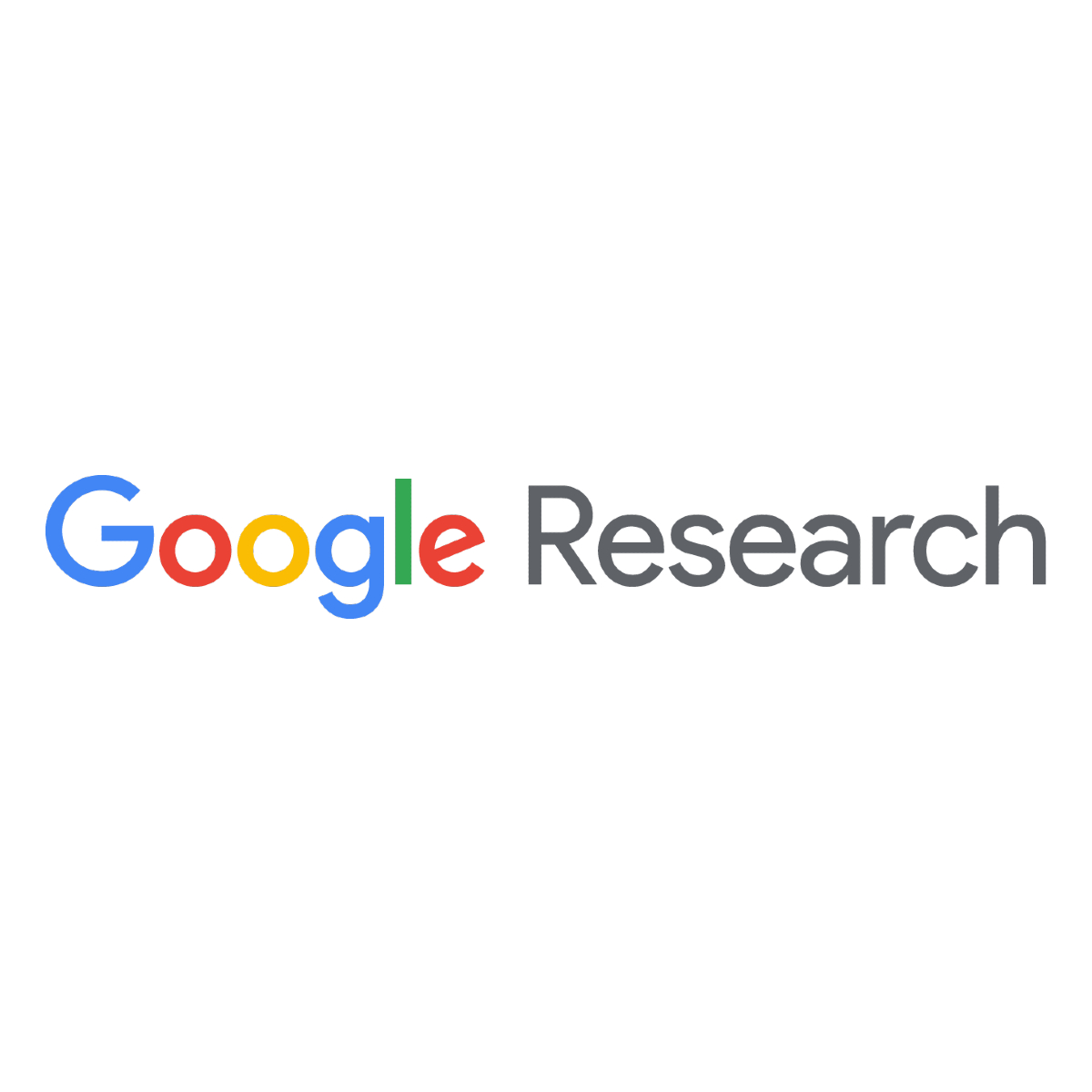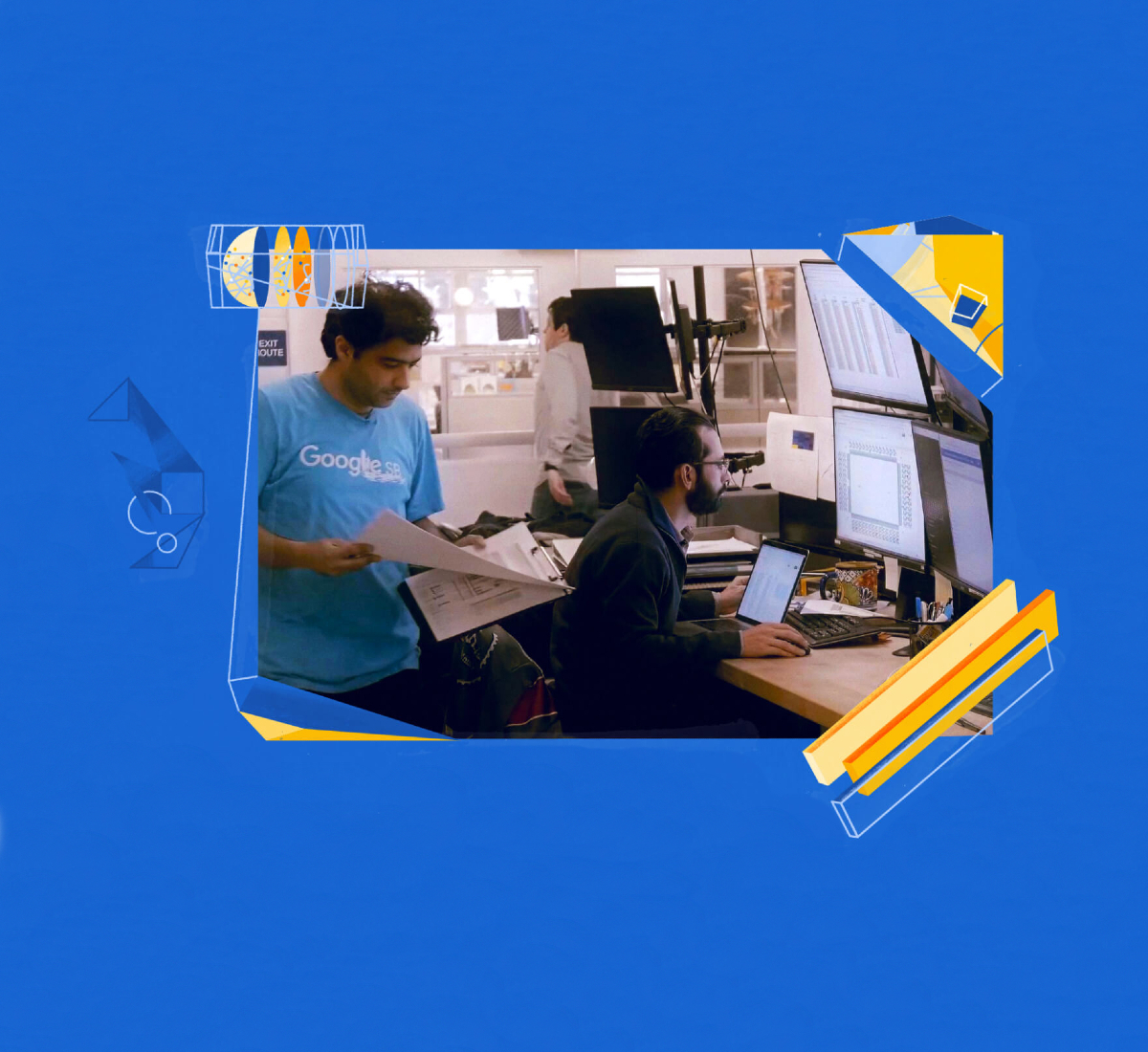
EMEA Faculty Summit 2012
October 2, 2012
Michel Benard, University Relations Manager
Quick links
Last week we held our fifth Europe, Middle East and Africa (EMEA) Faculty Summit in London, bringing together 94 of EMEA’s foremost computer science academics from 65 universities representing 25 countries, together with more than 60 Googlers.
This year’s jam-packed agenda included a welcome reception at the Science Museum (plus a tour of the special exhibition: “Codebreaker - Alan Turing’s life and legacy”), a keynote on “Research at Google” by Alfred Spector, Vice President of Research and Special Initiatives and a welcome address by Nelson Mattos, Vice President of Engineering and Products in EMEA, covering Google’s engineering activity and recent innovations in the region.
The Faculty Summit is a chance for us to meet with academics in Computer Science and other areas to discuss the latest exciting developments in research and education, and to explore ways in which we can collaborate via our our University Relations programs.
The two and a half day program consisted of tech talks, break out sessions, a panel on online education, and demos. The program covered a variety of computer science topics including Infrastructure, Cloud Computing Applications, Information Retrieval, Machine Translation, Audio/Video, Machine Learning, User Interface, e-Commerce, Digital Humanities, Social Media, and Privacy. For example, Ed H. Chi summarized how researchers use data analysis to understand the ways users share content with their audiences using the Circle feature in Google+. Jens Riegelsberger summarized how UI design and user experience research is essential to creating a seamless experience on Google Maps. John Wilkes discussed some of the research challenges - and opportunities - associated with building, managing, and using computer systems at massive scale. Breakout sessions ranged from technical follow-ups on the talk topics to discussing ways to increase the presence of women in computer science.
We also held one-on-one sessions where academics and Googlers could meet privately and discuss topics of personal interest, such as how to develop a compelling research award proposal, how to apply for a sabbatical at Google or how to gain Google support for a conference in a particular research area.
The Summit provides a great opportunity to build and strengthen research and academic collaborations. Our hope is to drive research and education forward by fostering mutually beneficial relationships with our academic colleagues and their universities.
-
Labels:
- Programs


